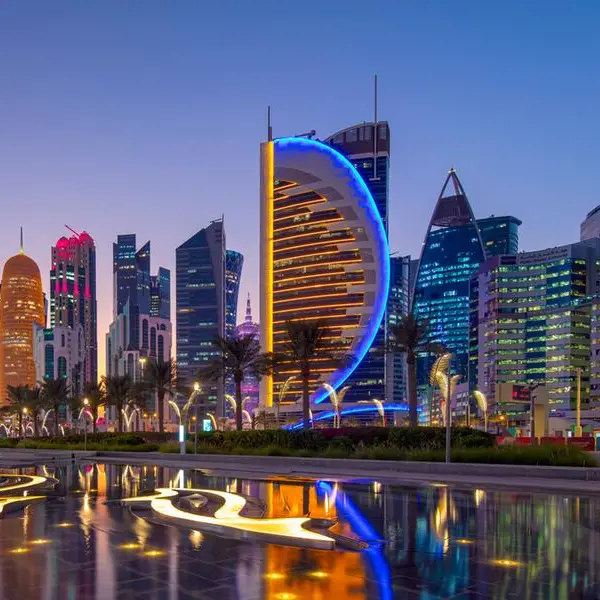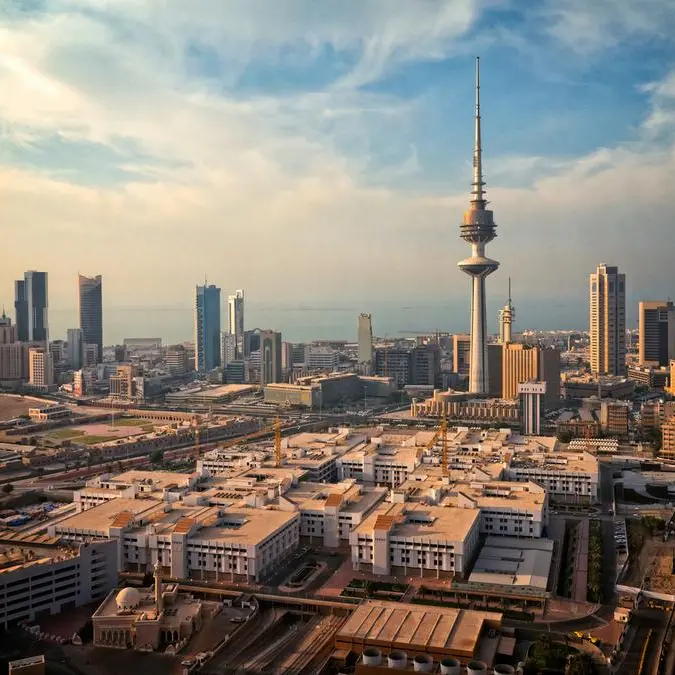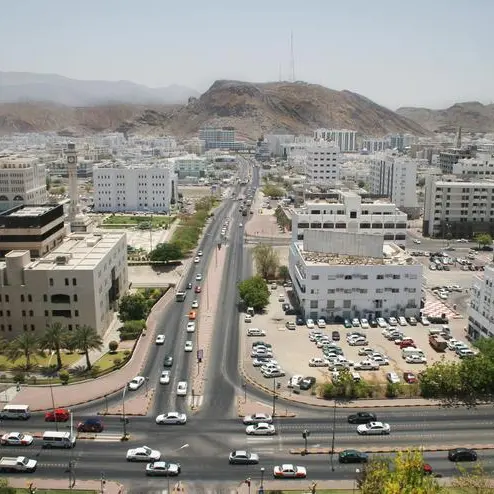PHOTO
THE UAE is well-positioned to continue its trajectory and foster the development of new unicorns in the foreseeable future due to continued government support, a thriving ecosystem, conducive regulatory environment and increasing investor interest, experts say.
Leading executives said Gulf region is committed to fostering further innovation and entrepreneurship, as evidenced by Dubai's intent to become the unicorn hub of the Middle East and North Africa (Mena), with initiatives to relocate at least 20 new unicorns to the UAE.
“I’ve earlier mentioned the conducive regulatory environments Gulf states like the UAE offer. In addition, consider a strong venture capital asset pool that is in some ways unparalleled in this region,” Silvina Moschini, Chief Executive Officer (CEO) of Unicoin and Unicorn Hunters, told BTR.
Abu Dhabi's rapid rise as a startup ecosystem, for example, ranked as the fastest growing in the Mena region and the sixth globally, reflects a 134 per cent growth in ecosystem value. This showcases the emirate's ability to generate substantial economic impact from its startup sector, she said.
“Unicorns — like Unicoin — are naturally drawn to the markets in which our prospects for expansion can be found. Now let’s add to that the tremendous talent pool that UAE has built in recent decades, with some of the most promising minds in finance,” said Moschini, who was in Doha to attend Web Summit Qatar.
“Companies like ours don’t have to look as far or wide in the Gulf for the right people to power our growth. With sectors like fintech, cleantech, and ‘agtech’ drawing interest and the Golden Visa programme attracting global talent, I believe that the UAE is well-positioned to continue its trajectory and foster the development of new unicorns in the foreseeable future,” she said.
POTENTIAL UNICORNS
Moschini said Swvl, Kitopl, EMPG and Careem are just four examples of unicorns that have hit their stride in the Gulf in recent years. The region is committed to fostering further innovation and entrepreneurship, as evidenced by Dubai's intent to become the unicorn hub of the Mena region, with initiatives to relocate at least 20 new unicorns to the UAE.
“But at Unicoin, we also see many more opportunities for regional companies to grow and expand globally.”
For instance, she said recent data suggests that the fintech and innovation sector in the Mena region is expected to double in value, from $135.9 billion in 2021 to $266.9 billion in 2027, which further underscores that the Gulf region will be a vibrant environment for emerging unicorns. “That is why we are strengthening our presence in the region — so that we can be part of the job creation process and contribute to the thriving local economies. Savvy consumers of cryptocurrencies want greater transparency, and that is precisely where Unicoin enters the picture,” she said.
PROMISING OUTLOOK
Echoing similar views, the Dubai-based logistics and delivery services provider iMile’s Chief Strategy Officer Amar Rizvi said the outlook for UAE startups in 2024 is quite promising.
“With continued government support, a thriving ecosystem, and increasing investor interest, we anticipate continued growth and innovation in the startup sector. The UAE's strategic location, favourable business environment, and commitment to technology and innovation will continue to attract both entrepreneurial talent and investors,” Rizvi told BTR.
About the dominant sectors in 2024, he said: “While the UAE startup ecosystem is diverse and dynamic, we foresee certain sectors gaining prominence in 2024. Technology-driven industries such as fintech, logistics, mobility, and e-commerce are likely to dominate. Additionally, sustainable and clean technology startups are expected to gain traction as the UAE intensifies its focus on environmental sustainability.”
Despite the positive outlook, he said startups in the Mena region may face certain challenges in 2024. “These challenges could include regulatory hurdles, access to funding, talent acquisition, and market saturation in certain sectors. Additionally, geopolitical tensions and potential global market volatility could impact investor confidence, posing challenges for startup growth capital.”
In 2023, Saudi Arabia topped the Mena funding rankings, with the UAE securing the second spot and Egypt maintaining its third position.
Saudi Arabia reaffirmed its status as a pivotal player in the Mena region, surpassing the $1 billion milestone for the second consecutive year. The kingdom's venture capital ecosystem achieved an unprecedented $1.383 billion in capital deployed, marking a 33% increase from 2022. This surge elevated the country's share of the Mena region's overall funding from 30 per cent in 2022 to 52 per cent in 2023.
CAPITAL DEPLOYMENT
Philip Bahoshy, CEO at MAGNiTT, the leading venture capital data platform in emerging markets, expressed a different view and said 2023 was a year of adjustment for the UAE venture capital ecosystem.
While funding contracted and investor numbers fell, signs of adaptation and strategic shifts emerged. The rise of early-stage investments, diversification of investor profiles, and continued exit activity suggest a potential recalibration towards a much-anticipated ‘soft landing’ in 2024,” Bahoshy told BTR.
He said the substantial rise of international startups choosing the UAE as their relocation or establishment destination, coupled with the active presence of international venture capitalists, stands as a decisive factor propelling the growth of the UAE's venture space.
“These startups are actively seeking to set up offices in the UAE for regional expansion, while influential venture capitalists are strategically positioning themselves in ADGM and DIFC to extend their influence across the region. As a result, we anticipate a robust increase in local capital deployment, intensified competition with regional startups, and upward pressure on inflation concerning services and talent.”
FINTECH TO DOMINATE
Despite consistent efforts by General Partners (GPs) to secure funding from Limited Partners (LPs) over the past year, the conversion into concrete investments remained constrained. International investors allocated a mere 49 per cent of capital, marking a decrease from the 54 per cent recorded in the previous year.
“As we entered into 2024, the prospect of a more stable interest rate environment raises a crucial inquiry: Can we expect a resurgence of international capital in the UAE's venture capital ecosystem? This speculation is intensified by the prevailing geopolitical tensions, adding an element of uncertainty to the region's stability.”
In reply to a question, he said fintech maintained its dominant position across various stages in Mena last year and is poised to sustain its growth momentum throughout 2024.
“Nevertheless, other sectors such as enterprise software, healthcare, and edtech are experiencing increased deal activity in the Mena region across different stages.”
About major challenges for the startup growth in the Mena region this year, he was of the view that inflation and interest rates may hit the overall sentiments in the region.
“The main challenge is the higher inflation rate, which exceeds the target and could keep interest rates in the five per cent bracket. There's also the risk of escalating geopolitical tensions, which may affect the overall sentiment in the region,” he said.
“Mena is also likely to see four consistently flat quarters of VC funding when excluding Mega-Deals. However, there is a potential for an uptake in fourth quarter of 2024 if the global economy were to recover if interest rates decline,” Bahoshy concluded.
Copyright © 2022 Khaleej Times. All Rights Reserved. Provided by SyndiGate Media Inc. (Syndigate.info).





















